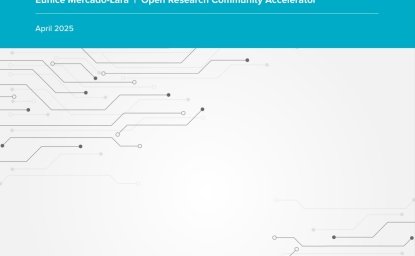Business and Science partnerships are the potential, global economic growth engines of the 21st century.
They benefit from the combined intellectual, innovative, and financial assets of academics and academic centers as well as those of entrepreneurs and private enterprises keen to team up and partake in these emerging transdisciplinary platforms of potential mutual benefit and of benefit to human progress, societal development, and enhancing the longevity and quality of life.
A transparent bioethics code informing and guiding these rapidly emerging innovative partnerships would be of mutual benefit to the partnerships, the partners involved, as well as serving well their clients and society.
A 21st century business and science bioethics code should be part of professional schools' training as an integral component of the graduate curriculum. Such inclusion, as a required graduate education component, would prepare well the next generation of leading scientists, innovators, and entrepreneurs for their future careers. It would also stimulate creative, innovative thinking and teamwork for future science and business partnerships in this century.
Implementation, tracking and outcomes-measurement research would be useful catalysts for both successful implementation and periodic updates of the 21st century business and science bioethics code.

Eliot SOREL MD is Member of the Health Information Exchange Policy Board of the District of Columbia; Senior Scholar in the Center of Healthcare Innovations and Policy Research; and Clinical Professor of Global Health, Health Policy and Management, and of Psychiatry and Behavioral Sciences at the George Washington University in Washington, DC.





